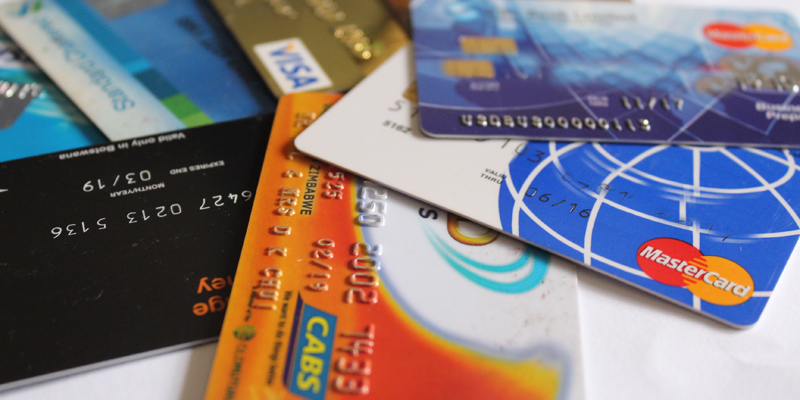Zimbabwe’s banking system is pretty interesting. Because banks no longer make their money from loans, they’ve turned to bank charges as their main source of revenue and when banks want to increase revenue or protect themselves from the inflationary economy of Zim, they simply raise transaction charges.
Whilst this model has proven sustainable thus far it’s also resulted in the consumer base which transacts on the Point of Sale (POS) machines to feel cheated and consumer lobbying groups Consumer Council of Zimbabwe (CCZ) and Consumer Rights Association (CRA) have called out banks for this practice.
CCZ regional manager for Matabeleland Mr Comfort Muchekeza expressed concerns as to why the RBZ has not intervened whilst consumers are being taken advantage of:
We wonder where the monetary authority is when consumers are being ripped off in broad daylight. The norm should be every time one wants money, he or she withdraws it from the bank but at the moment, banks don’t have money.
While banks are failing to give consumers their money, consumers agreed to an arrangement to use their debit cards when transacting but they are now being penalised again for accepting that arrangement through exorbitant POS charges.
At the end of the month if one would look at the bank statement to see how much were the bank-related charges, they will see that it is now a cost to save your money in the bank, while on the other hand, we are promoting that people should keep their money in the bank.
Comfort Muchekeza – CCZ Regional Manager for Matebeleland
With customers effectively paying $20+ for a loaf of bread which costs $18 due to unknown POS charges, it’s fair to suggest that the only reason zimbabwe continues to be a cashless economy is because there isn’t enough cash in circulation, not because of technological advancements that have improved consumers.
Whilst mobile money and swipe transactions are more convenient than walking around with cash if there was cash in circulation consumers would resort to using cash since those transactions don’t come with charges that aren’t explicitly disclosed to consumers.
As I’m giving an illustration if you do five transactions of $20 each and you are paying $8 per purchase it means $40 in a $100 purchase that is almost half of what you transacted going to the bank
CRA spokesperson – Mr Effie Ncube














Comments
5 responses
Banks are generally too lazy to make real efforts at investing and loaning money in order to make money. It’s far easier to thumb suck charges to the poor consumers!
Very true!
Laziness yes BUT consider inflation also and likelihood of borrowers being able to invest, make meaningful profit and repay the loans. The default rate is alarming. I can’t even call them banks now lol.
There is no incentive to default loan repayments in an inflationary environment.
We need something along the lines of revolut.com. Zero charges, zero exchange rate commission!